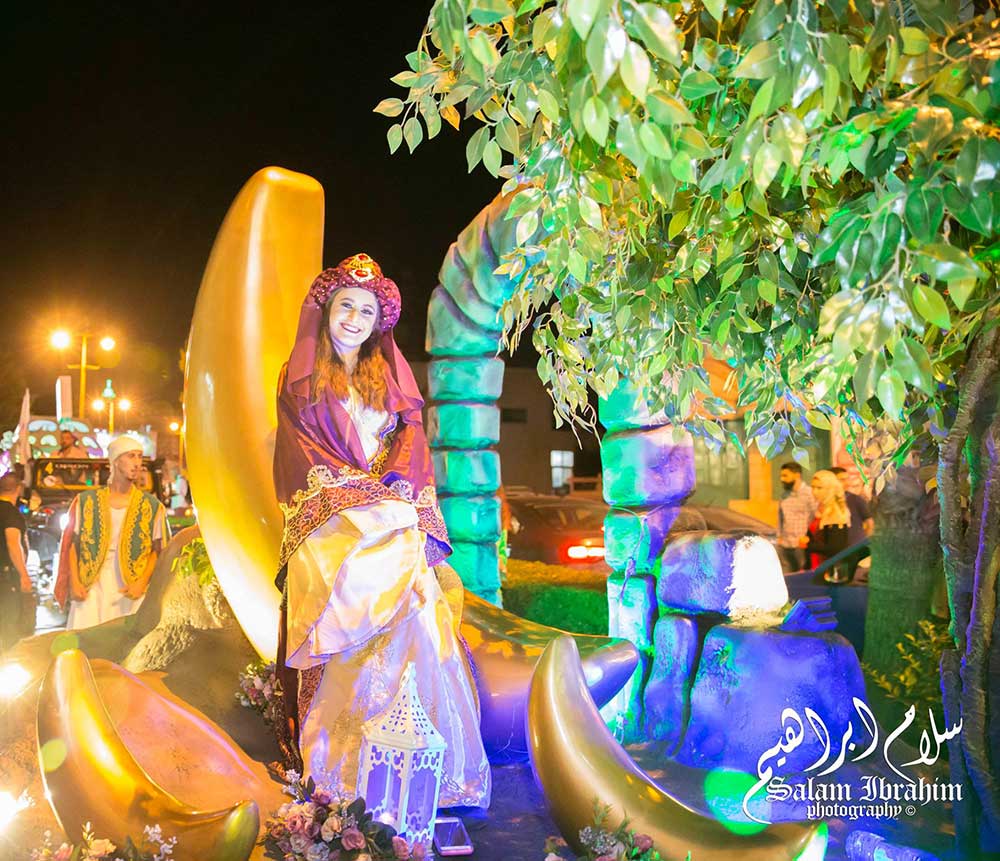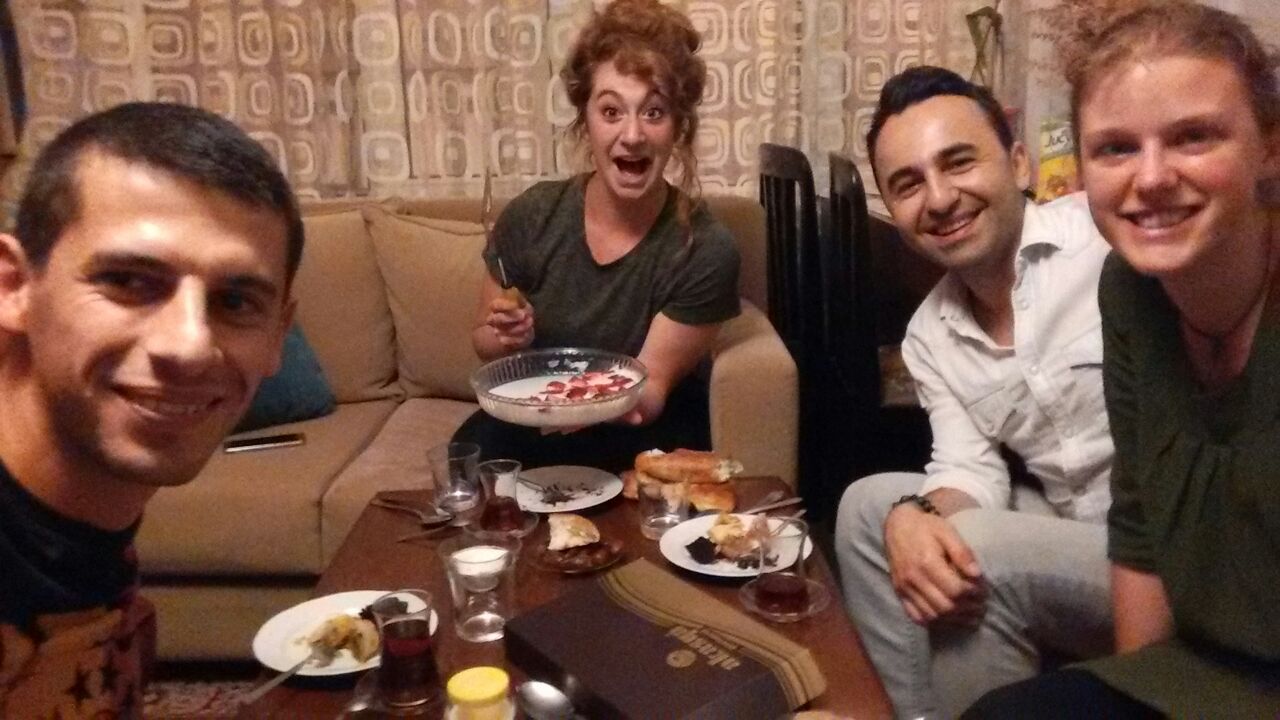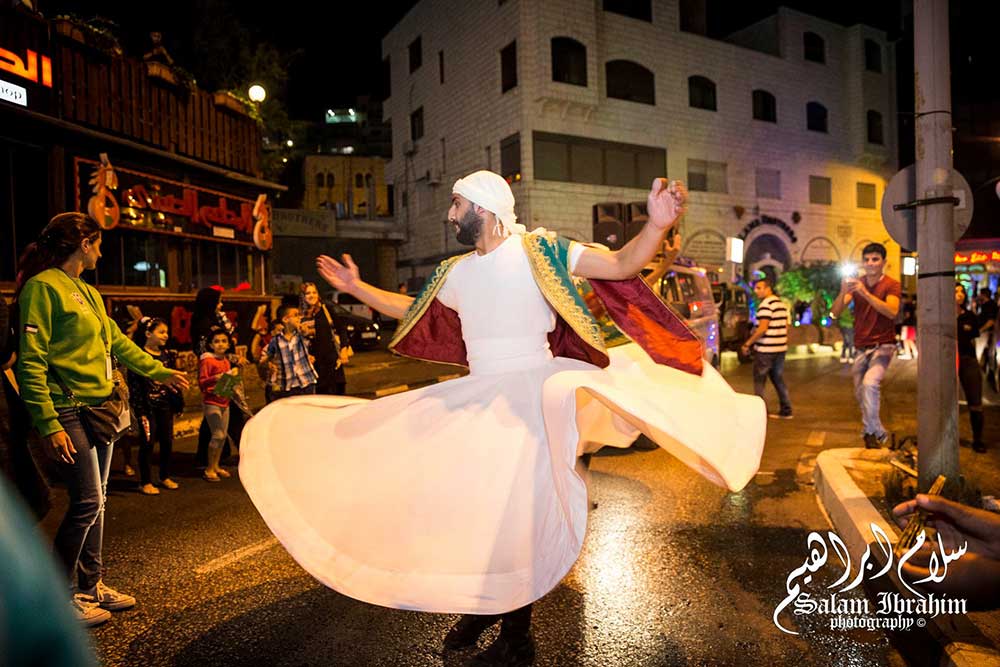
Feasting and Fasting: A Story of Ramadan

Feasting and Fasting: A Story of Ramadan
Setting the Table
The call to prayer emanated from the minarets just down the street. These mosques built by the Ottomans roughly around 1580 stand majestic along the Bosphorus river.
I was in Istanbul on vacation for a week, and the end of my time there was the start of Ramadan. Istanbul wraps around landmasses bridged together over the sweepingly beautiful turquoise waters connecting the Black Sea and the Sea of Marmara. Just another face in the crowd of masses of people, I stepped off the ferry that had delivered me to the shore of the Asian side of Turkey. A few minutes’ walk had me standing squarely in front of my friend’s apartment where they were busily preparing for the first Iftar (the meal eaten after sunset during the Ramadan). We sat down to eat after the call to prayer had rung out and delighted ourselves with the delicious food and worthwhile conversation.
Weeks removed from this first night of Ramadan in Turkey, I am back in Bethlehem and find similar practices observed.
Conversation
I skirted across town in the mid-morning heat to the part of Bethlehem that usually bustles with taxis, students and shops. This morning, a Thursday, the streets are quieter, students are on summer holiday and shops open later and close earlier due to the fasting of Ramadan. I entered the tall building, pressed the elevator button to the fifth floor, and ascended for my meeting. I entered the office, and found the Mufti of Bethlehem on the phone as he motioned me to a seat across from another woman. I sat, and after his call ended, he greeted me, “Ramadan Kareem!” (Blessed or generous Ramadan!)
My previous encounters with the Mufti were always informative and helpful in understanding more about Islam, so upon my return from Istanbul, I asked if he would be willing to meet with me and help me to better understand Ramadan.
A Muslim woman from France sat across from me and served as both an ample resource as well as helpful translator. Her presence was unexpected at the meeting, but it was perhaps one of the best parts of it by the end. She was sweet and very gracious in helping to explain Ramadan more fully to me. She, herself, had converted to Islam just a few years prior. Her learning endeavors into her new faith struck me as genuine and thoughtful.
She and the Mufti helped to explain that Ramadan is the ninth month in the Islamic calendar dedicated to fasting. The month is set aside to commemorate the first revelation of the Qur’an to Muhammad by fasting. By abstaining from eating, drinking, smoking and sexual relations from dawn until sunset, this discipline is to guide the adherent to righteousness. (Qur’an, Surah 2:183) The Mufti explained a heightened awareness of one’s needs and the necessity of God.
We continued on in our discussion and after some time of chatting, the Mufti went to his computer and searched YouTube for Cat Stevens (i.e. Yusuf Islam after his conversion to Islam). Yusuf Islam has several songs about Islam, and we sat and listened to several. The Mufti translated parts of the songs, and I sat smiling and tapping my foot to the beat.
Cravings
Yet another day of my endeavors in Palestine during Ramadan landed me in an odd predicament. It is discouraged to eat or drink on the streets during Ramadan during the day if you aren’t adhering to the fast. Since the majority of people are Muslim, and thereby fasting, there is an expectation that non-Muslims in the community would not eat or drink publicly on the streets.
In my attempts to remain sensitive to the culture surrounding Islam, I refrain from eating or drinking out on the streets. One specific instance, however, made this difficult. I was on my way to the southern Palestinian city of Hebron when the man that sells bread and eggs was walking down the street calling for someone to buy from him. The friend I was with stopped to ask him a question, and lo and behold suddenly we were handed a bag full of bread and falafel. Insisting that we did not want the bread and falafel, he refused to let us give it back to him. We were now stuck with food that we would have to carry all day long around a more conservatively Muslim city while they all fasted. We opted to walk back to the house, drop off the food and be on our way.
Nuances to culture like this are somethings I find out often, and it makes life here exciting in that I am always learning. Ramadan, however, adds to these novelties and it has been special to learn about this holiday while I live it.
Dinner Time
While the streets have become slightly quieter throughout the duration of Ramadan, the evenings after Iftar make up for any kind of lull from earlier in the day. The streets are filled with families, couples and young people all out walking, playing in the street and enjoying time with one another after a tasty meal. Traffic is backed up, and getting around becomes more time consuming due to the incessant stopping for children to cross the road and combating other cars for space in lanes. Generally, people are happier and more lively, rightly so, and that is a jovial nature to the city by nightfall.
Kindness of people goes beyond the traditional hospitality of Palestinians, and one night I was even brought a meal to my home from a Muslim friend to be sure I had eaten. Knowing that there were other volunteers also at the Bible College, my friend brought several extra servings, and we all ate well that evening.
Dessert
The final touches of Ramadan are not confined to the actual sweet treats like qatayef that come around but once a year. Rather, there have been parades and celebrations throughout Palestine as Ramadan comes to a close. In a similar fashion to how Christmas is cause for special events and celebrations for Christians, the same is true of Ramadan for Muslims. Beautifully, the intersection of these faith groups allows for one another to partake and experience the richness that comes with the celebration. Iftar is a time to come together, chat and enjoy the company of one another after having spent the day fasting and, perhaps, contemplating matters of faith more often than usual.
I circle back to the first Iftar of this Ramadan, and I recall being encouraged by the blessing of community. My travel from Turkey to Palestine was a two-hour flight and a few buses and taxis away, but the linkages and connections that span across time and history bring us to the table yet again in a way that allows us to share in life and community together.
Kamila is volunteering full-time with Bethlehem Bible College in the Communications Department. In addition to her love for writing and sharing stories, her endeavors in Bethlehem and greater Palestine involve facilitating cultural immersion programs for young adults from North America to see first-hand the realities that those living here encounter. At times deemed the “eternal optimist,” Kamila holds fast to the future hope of restoration and reconciliation of all things back to God. When she’s not writing, or organizing trips, you’ll catch her training and competing with the Ultimate Palestine frisbee team.



